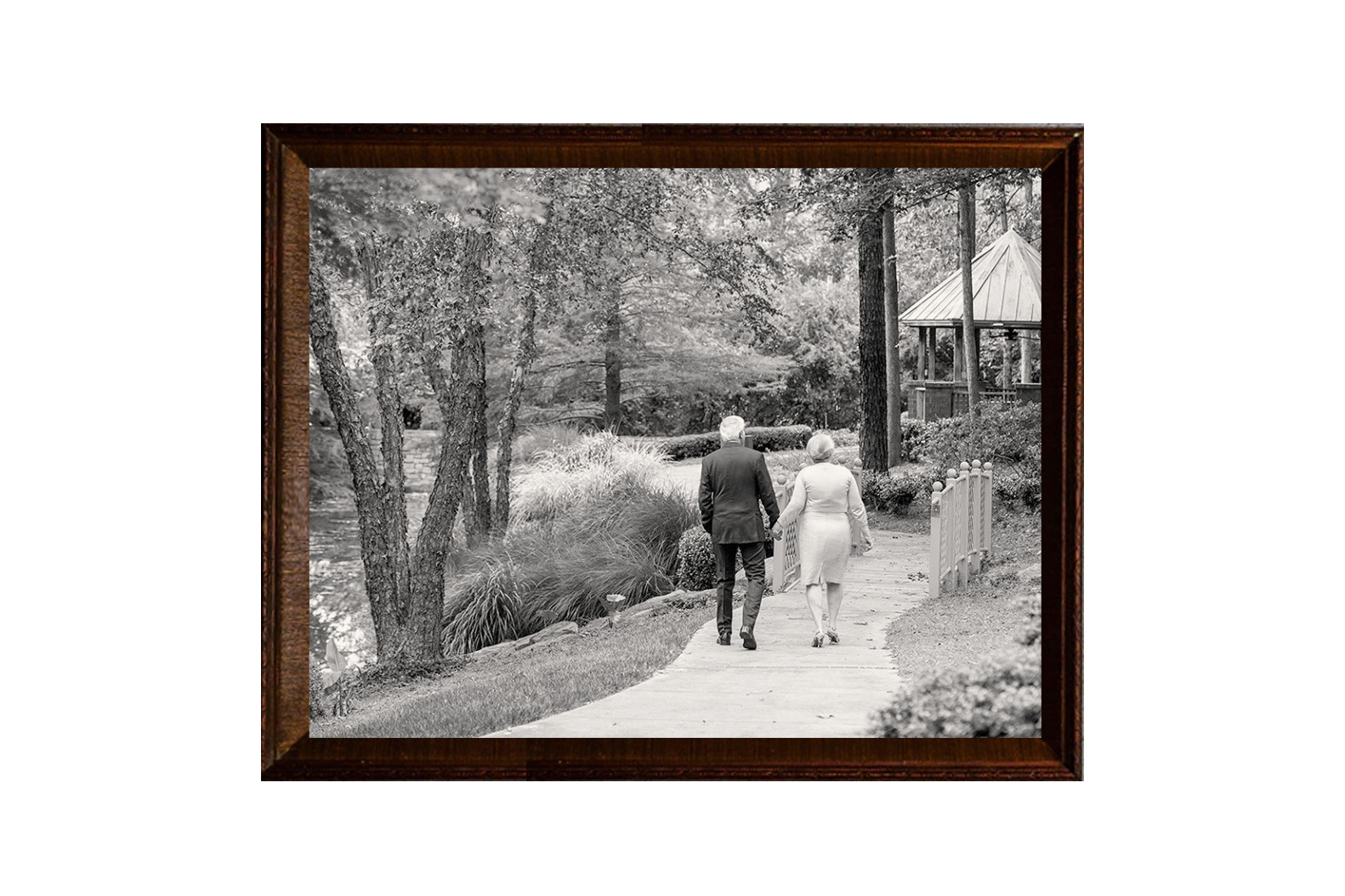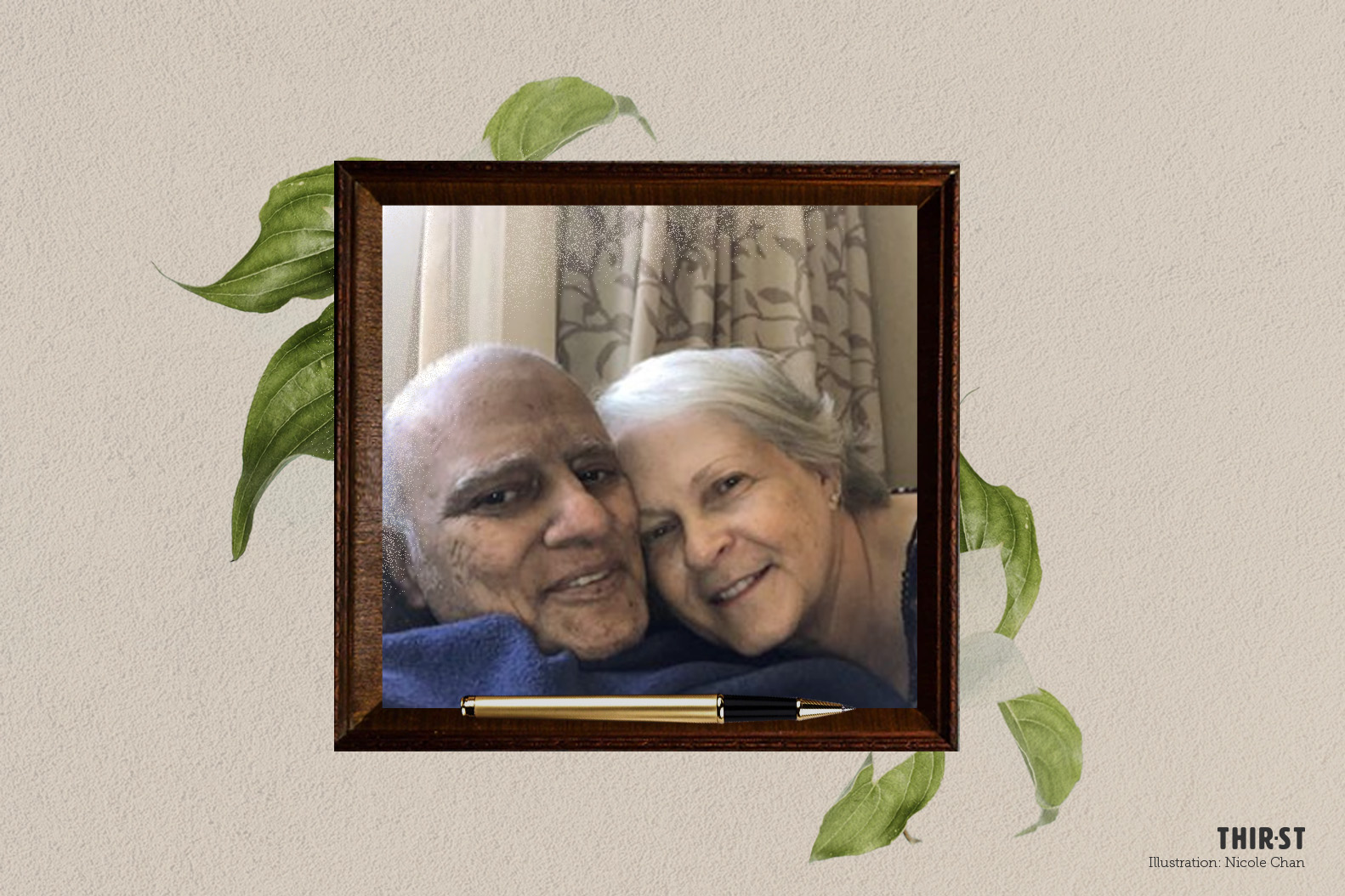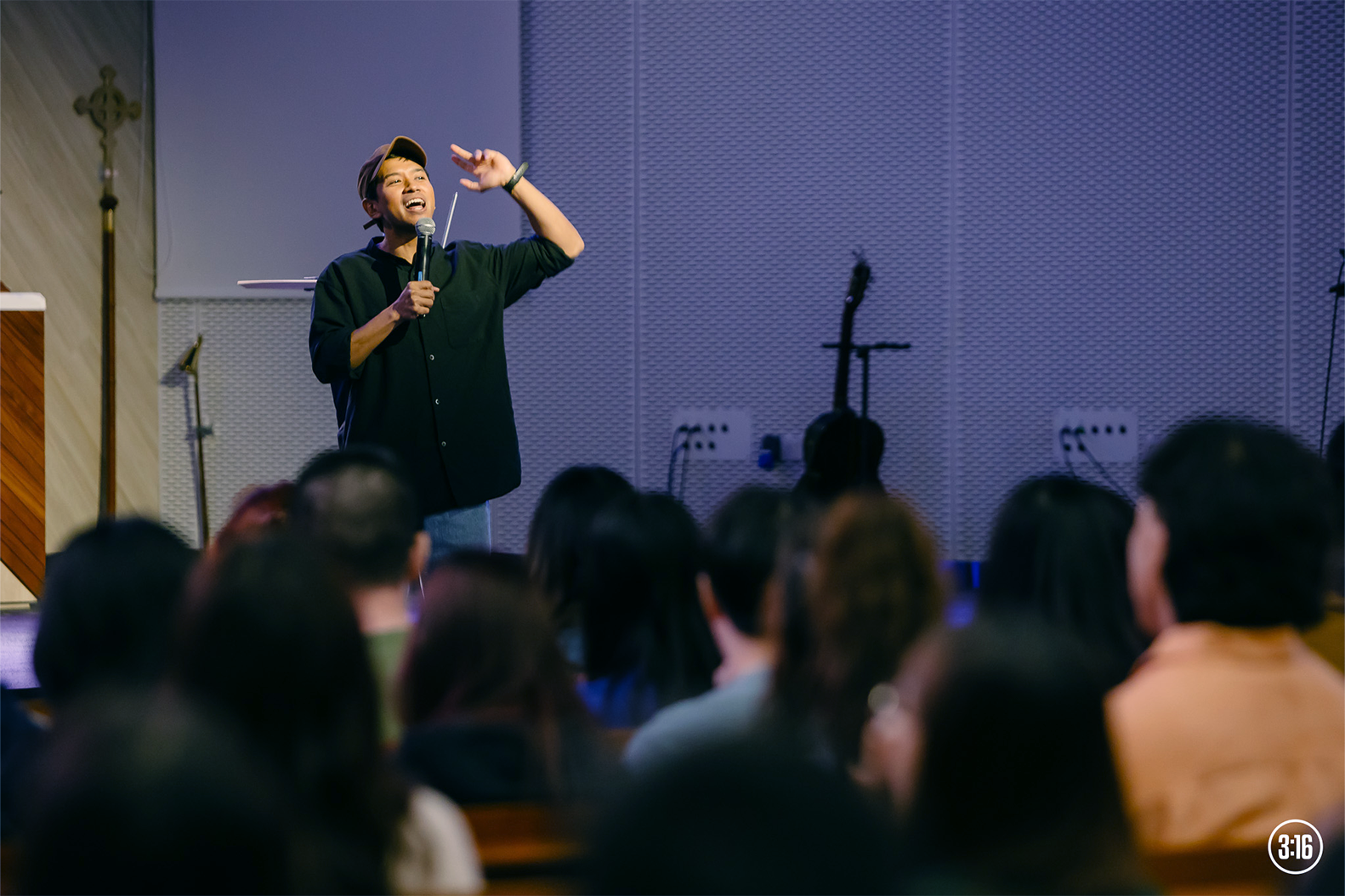Dear Ravi,
Like many others around the world, my heart has been heavy all weekend as I’ve taken in the latest update from your daughter about you. After just two short months since being diagnosed with sarcoma and undergoing chemotherapy, you’ve been told that “no options for further treatment remain”.
I had seen that latest photo from your 48th wedding anniversary, and was stunned by how your battle with cancer has physically decimated you. Yet, you still wore a smile on your face — displaying the joy that we all know that neither sickness nor death will be able to rob from you.
The other thing that I know will elude the grasp of death is the impact that your life and faith has had on so many of ours. I’m sure that in the past few days and in the days ahead, you will be reading many stories and testimonies of how your work has touched the lives of others — including mine.
I first “met” you as an insufferable, know-it-all teenager on the verge of leaving the faith altogether. It was the years of disillusionment with the church, coupled by being told I was “too intellectual” that pushed me away from Christianity.
I struggled with what I perceived as a shallow presentation of the faith within my community, and felt like I didn’t belong in the body of Christ because I had so many questions about the faith.
At that time, I was on the cusp of entering university and I desired intellectual stimulation more than anything else. There were many other more attractive voices beckoning me, and I lost myself in the writings of secular philosophers and thinkers.
I was looking to draw people to my own brilliance, not the understated brilliance of Christ.
Then, my future brother-in-law placed a book in my hands that would go on to change the way I thought about my faith. This book was one of the first books you had ever written — Can Man Live Without God?
I’ll be honest — it wasn’t an easy read. In fact, it took me more than three years to finish reading it from cover to cover, but I was excited to have discovered a Christian thinker who engaged both my heart and my mind.
The way you constructed your arguments, told a story and combined poetry and logic to present the gospel drew my attention. And I kept going back to that book, savouring it a little bit at a time.
This was the book that opened up a new world to me — a world where the passions of the heart and mind coexisted, where both are equally valued and worked in tandem. It gave me that deep, intellectual engagement that a know-it-all teenager like me was craving for at that time.

Some 10 years later, I finally got to hear you speak in person.
I was no longer that confident and idealistic know-it-all, but one whose faith had been battered and scarred by the harsh realities of the real world.
This time, it wasn’t so much your intellectual arguments that wowed me, but the way you carried yourself and disarmed the questions — never the questioner — that were thrown at you with gentleness and dignity.
As I watched the way you spoke, it brought to mind this verse, “Knowledge puffs up, but love builds up” (1 Corinthians 8:1). Up till that point, I had been involved in many intellectual scuffles, and took pride in poking holes in someone else’s argument. In the process of wanting to win arguments, I had lost many friendships — and these victories often left me feeling hollow and empty. Now I could see why.
I had puffed myself up with knowledge, but lacked the kindness and love that seeks to build the other person up. I was looking to draw people to my own brilliance, not the understated brilliance of Christ.
In wanting to win arguments, I had lost many friendships — and these victories often left me feeling hollow and empty.
You were a model of humility, and what it means to be a fool for Christ for the sake of demonstrating the wisdom of Christ (1 Corinthians 4:10). You taught me to listen first before responding, to discern the real question that lay behind each question.
You taught me the beauty of a quiet, gentle spirit — one that isn’t clamoring to be heard, but speaks only when it matters. You taught me what mattered most in the way I relate to others: kindness. I’m still learning to live out these lessons.
I left that meeting thinking, I hope I’ll be as kind, gracious and humble as you are when I’m 70.
When I heard about your latest prognosis, I went back to my old blogs to rediscover the words that I had written down many years ago, the ones that helped me find my footing in the faith — and I found many gems that still speak to me today.
There is one, from your memoir, The Grand Weaver, whose wisdom I remember resisting in my younger days:
“… at the end of your life one of three things will happen to your heart: it will grow hard, it will be broken, or it will be tender. Nobody escapes. Your heart will become coarse and desensitized, be crushed under the weight of disappointment, or be made tender by that which makes the heart of God tender as well.”
More than showing me how to think or feel as a Christian, you taught me what it means to have a heart after God’s heart — one that is malleable and tender towards Him, a heart that neither shuns brokenness nor is defeated by it, but one that God could still reach in the midst of the failures and tragedies of this life.
“Jesus didn’t come to make bad people good, He came to make dead people alive.”
I know that you must be enduring unspeakable pain and discomfort during this time. But thank you for showing us what it looks like to remain steadfast and immovable in the hands of our Grand Weaver as He finishes weaving the masterpiece of your life, “resting in the truth that God knows all and sees all and is sovereign and good”, as your daughter expressed it so beautifully.
Of all the words you’ve written and spoken, there’s one quote that comes to mind whenever I think of your ministry: “Jesus didn’t come to make bad people good, He came to make dead people alive.”

#ThankYouRavi, above all, for pointing me towards the One who has made my heart come alive.
This article was first published on YMI and is republished with permission.
- When was the first time you heard of Ravi Zacharias?
- Take a moment to thank and encourage those who have impacted your walk with God.
- Pray for Ravi Zacharias and his family.










